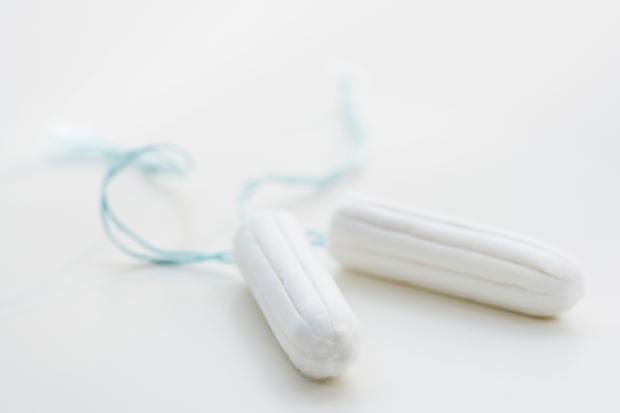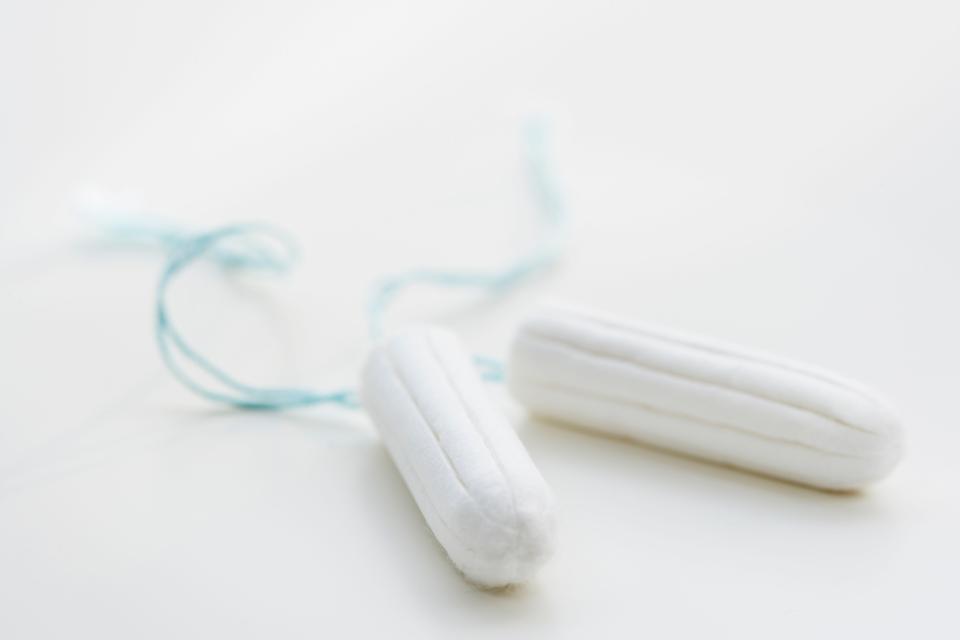Morrisons follows Tesco and Waitrose in slashing tampon tax – saving customers 5% on all sanitary products
The supermarket is the third to slash the prices while the EU drags its feet on changing the law to allow it to be scrapped

MORRISONS has followed Tesco and Waitrose by announcing it will cancel VAT on all women's sanitary products.
The supermarket is the third to slash the prices while the EU drags its feet on changing the law to allow it to be scrapped.
Morrisons announced today it would cover the cost of the tax for customers, months after ministers promised to push for the tax to be axed everywhere.
The price changes will take place from Monday, the chain said.
Two weeks ago Tesco became the first retailer to slash the prices, and last week Waitrose followed suit.
Hundreds of products will become cheaper as a result.
Jacqueline Claughton, Health Buying Manager for Morrisons, said: “Cancelling the effect of VAT on what is an essential product for many women and girls is the right thing to do.”
Last year David Cameron announced that the EU would bring forward proposals so that countries can cut the VAT rates on sanitary products down to zero – effectively confirming the tax will go.
MOST READ IN POLITICS
He said that proposal would come “in the next few days” – but they still have yet to bring it forward.
In 2015, George Osborne announced that the extra cash would be earmarked for women’s charities – including refuges for domestic abuse refuges.
The supermarkets say they are acting early to save customers money.
In a statement last month the EU Commission said: “As announced in the action plan on VAT, the Commission intends to adopt a legislative proposal by the end of 2017 that would grant Member States more flexibility in setting VAT rates.
“If adopted by the Council, the new rules could result in greater freedom on the number of reduced rates and their level.
“One of the objectives of this proposal, the details of which will be disclosed in due time, will be to restore equality of treatment in the Single Market for those Member States who want to apply reduced rates.”












